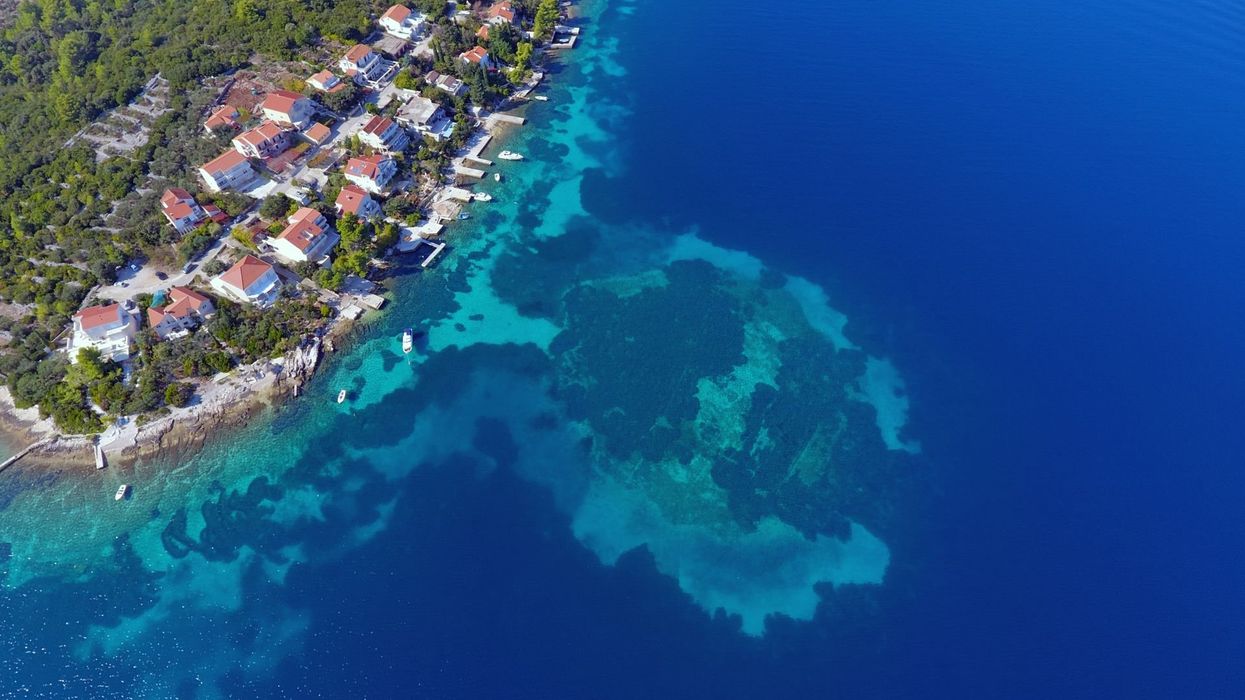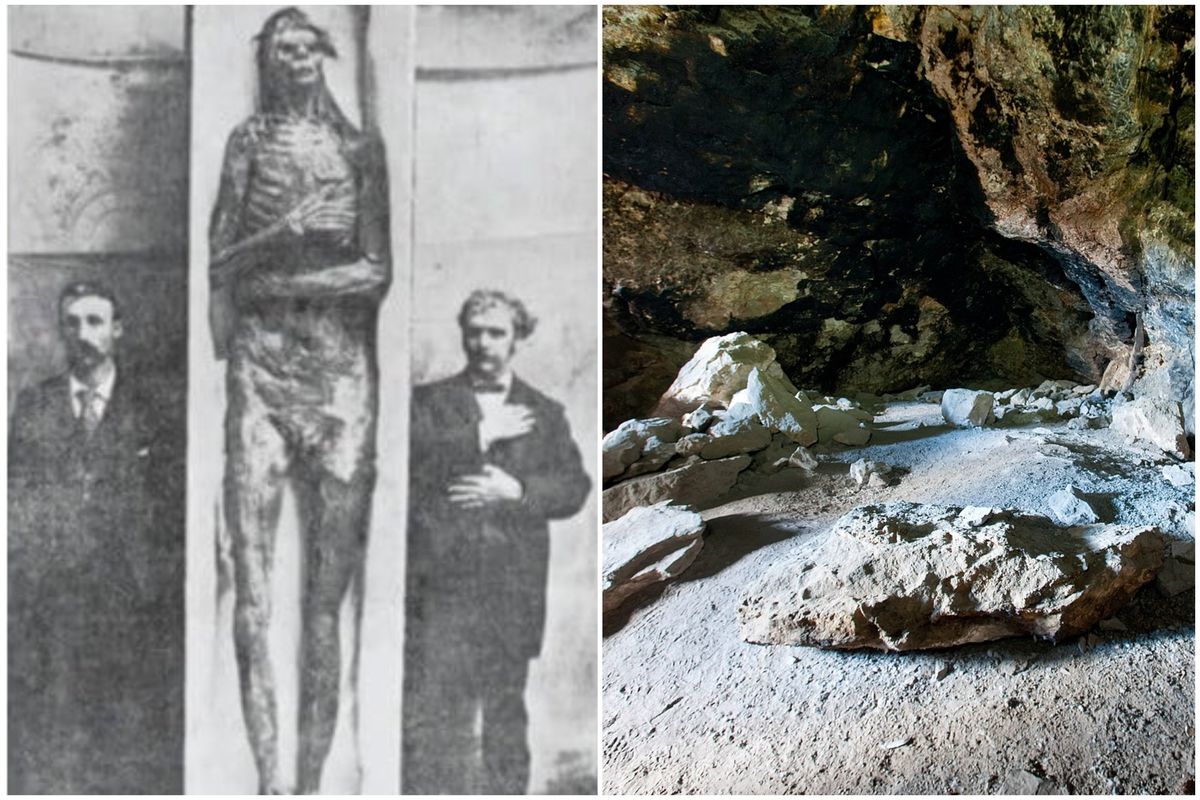Harriet Brewis
May 19, 2024

The ancient discovery was made off the coast of Croatia
Sveučilište u Zadru/Facebook
It’s not quite the lost city of Atlantis, but scientists have just uncovered a slice of history that had been swallowed up by the sea.
Experts admitted that even they were surprised when divers unearthed a 7,000-year-old stone road that had lain buried under layers of sea mud.
The ancient structure was discovered after archaeologist Igor Borzić, of the University of Zadar, spotted “strange structures” nearly 16 ft (5m) underwater in the Bay of Gradina, off the coast of Croatia.
The submerged road once linked the island of Korčula to an artificial, prehistoric settlement that belonged to a maritime culture known as the Hvar.
Sign up for our free Indy100 weekly newsletter
The university released footage of the incredible finding over the weekend. It showed the passageway which consisted of stacked stones and measured some 12 ft (around 4m) across.
Archaeologists believe people walked this road “almost 7,000 years ago”, with radiocarbon dating of wood near the site suggesting the settlement may have been built around 4,900 BC.
“In underwater archaeological research of the submerged neolithic site of Soline on the island of Korčula, archaeologists found remains that surprised them,” the University of Zadar said in a Facebook statement.
“Namely, beneath the layers of sea mud, they discovered a road that connected the sunken prehistoric settlement of the Hvar culture with the coast of the island of Korčula.”
Borzić and his team also discovered another “almost identical” settlement on the other side of Korčula Island.
Neolithic artefacts including a stone axe, cream blades and sacrificial fragments, were found at the site which lay at a depth of 4-5m.
Understandably, the researchers were delighted and, as they continue to delve into their nation’s past, we wonder what else they’ll unearth.
Have your say in our news democracy. Click the upvote icon at the top of the page to help raise this article through the indy100 rankings.
Top 100
The Conversation (0)













